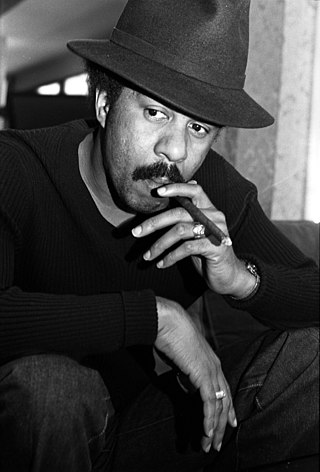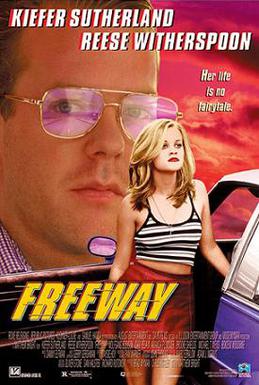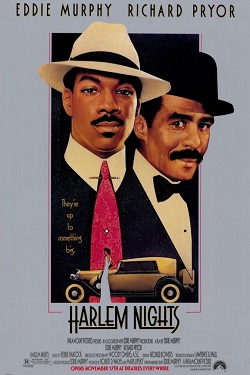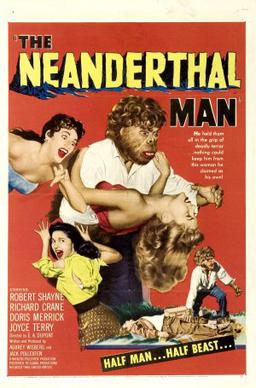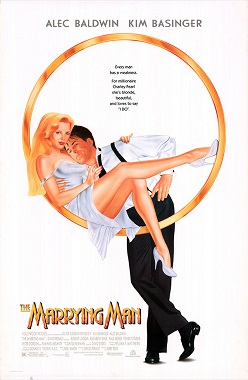Plot
Wallace "Wally" Karew, a blind man, and David "Dave" Lyons, a deaf man, meet when Wally applies for a job in Dave's NYC concession shop. After a brief period of confusion and antagonism, Wally and Dave become close friends. Dave reads lips and guides Wally when they travel, and Wally tells Dave about invisible sources of sound and what people say behind his back. At a local bar, Wally defeats an aggressive bully in a fistfight with assistance from Dave, who uses clock-face directions to tell Wally where his opponent is. Dave hires him.
One morning, as Wally waits outside for the day's newspapers, a man walks into Dave's shop. When the man is approached by a beautiful woman named Eve, he quickly hides a gold coin from his case in the box of coins on the counter. The woman takes the case and shoots the man as Dave - whose back is turned - reads the information on a box of antacid pills.
Dave doesn't see the shooting, but notices Eve's legs as she leaves. Wally, who heard the gunshot, walks into the shop and trips over the dead body. Dave then rushes to help Wally and picks up the gun, which Eve left behind. When the police arrive, as they find them by the body with Dave holding the gun, they are arrested. Dave tells Wally to collect the coins from the box.
At the police station, Dave and Wally are interrogated by Detective Captain Emile Braddock and Lieutenant Gatlin, who make them the prime suspects as they are relatively uselessness witnesses. When Eve and her accomplice Kirgo - hoping to recover the coin - pose as attorneys to bail them out, Wally recognizes Eve's perfume and Dave her legs, but Braddock ignores them when they insist that she is the killer.
Trying to avoid Eve and Kirgo, Dave and Wally escape from the police station, but the criminals soon find them. Eve takes the coin from Wally's pocket and telephones her boss Mr. Sutherland for instructions, so Dave learns their plans by reading her lips. When Kirgo tries to kill them, they use the fistfighting method they learned in the bar to knock him unconscious.
They then steal an unattended police car, and Eve, Kirgo and Braddock chase them. Working together to guide the patrol car, Dave and Wally evade their pursuers, but they accidentally launch the car onto a waterborne garbage barge.
After hiding the police car, they telephone Wally's sister Adele for help. The police follow her and search her motel room, but the three avoid detection, and drive away after they leave. Having incorrectly read Eve's lips, Dave believes they need to find a woman named "Grace George", but Adele explains there is a resort wth that name.
At the resort Wally impersonates a visiting professor. Meanwhile, Dave sneaks into Eve's room to steal the coin. While he is digging through her bag Eve comes out of the shower wearing only a towel. Dave gets a huge erection and Eve mistakes it for a gun. Realizing this, he makes her raise her hands and drop the towel leaving her completely naked. Dave then looks Eve over and slips out of the room. Meanwhile, Adele distracts Kirgo by crashing her car into his. However, Kirgo and Eve kidnap her and take her to Sutherland's estate.
After a mishap with the car, Dave and Wally put their rescue plan into action, with the result that Adele escapes but they are captured. In his study, Sutherland – who is also blind – reveals that the coin is an extremely valuable room-temperature superconductor. Kirgo and Sutherland are killed during an argument over sharing the profits, after which Dave and Wally escape the study and have a violent altercation with Eve and the helicopter pilot.
When the police arrive, the remaining criminals are arrested, and Wally and Dave are released, cleared of the charges. Dave promises to wait for Eve when she gets out of prison. Shortly thereafter, the two men go to a local park and reprise a scene from the beginning of the film by dumping ice-cream cones on each other's head, enjoying each other's company.



